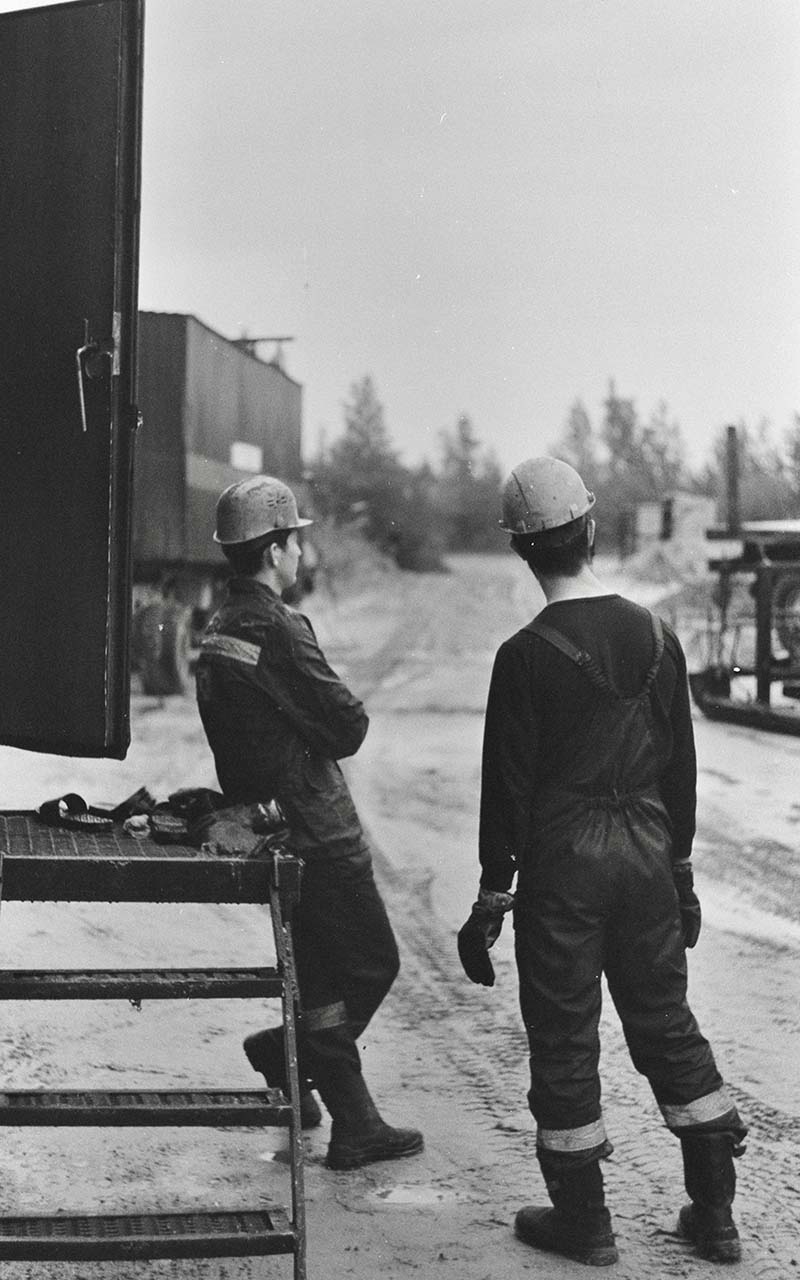Appreciation of Work
An appreciation of Work highlights the relationship between the organisation and the individual – who may be a single customer, investor, taxpayer, employee, supplier or policymaker.

For over four decades Bioss has refined a deep architecture of organisations known as Domains of Complexity, and shared with clients new ways of thinking about the challenges inherent in each level of work in their organisation. Domains of Complexity comprise themes of quality, service, practice, strategic development, strategic intent, corporate citizenship and corporate prescience.
Bioss helps organisations to identify and develop individuals with the capability to engage fully with each of these domains.
We help managers to reveal untapped capability in their people. We work with leaders to remove bureaucracy and create value through a focus on accountability. And we help organisations develop teams and strengthen relationships so that each level adds value and contributes to the resilience of the whole.
Appreciation of Work encompasses Structure, Relationships and Reward.
Structure
Structure and systems drive behaviour.
Organisational structure is more than just roles and charts, levels and layers. It’s about internal connections and external interactions. It’s how knowledge is shared and decisions are made.
Bioss works with organisations to forge a deep appreciation of structure. How many layers of management are optimal? What is an appropriate structure and span of control at each level? Do people know what is expected of them, what they are accountable for? Are there gaps or overlaps in accountabilities? Are the relationships between functions clearly aligned?
We also believe in building organisational literacy, so that when circumstances change, our clients can rethink and redesign structure without the need for outside consultants – including us.
Bioss’s Work Level Appreciation is a set of tools to help organisations ensure they are operating not only with the right number of levels and layers, but also the connections across different functions, to allow the organisation, its people, and the communities it serves to flourish.



Relationships
Very few people work wholly in isolation. We are all held in an intricate ecosystem of working relationships with one another.
Over many years of listening to people talk about what they need to work well together, Bioss has distilled an understanding of working relationships and the conditions needed to create and sustain them.
Working relationships may be those within an organisation – between manager and reports, or among team members. Or they may be external – with contractors, suppliers, joint-venture partners, distributors, even regulators.

Mutual trust is of the essence in working relationships. However, trust must be supported by tasking: clear agreement about what is to be done, with what and by when. Trust must also be sustained by tending: continuous work to support and monitor without crowding, taking account of risk and uncertainty.
These three key elements – tasking, trusting and tending – underpin the Tripod of Work, Bioss’s robust model for effective working relationships. Bioss offers Working Relationships Appreciation and Peer Relationships Appreciation, a powerful addition to 360-degree assessments, which apply the Tripod of Work to build a resilient culture that makes the most of turbulence and change.
Reward
The right pay and benefits help an organisation to attract and retain the right people.
However, pay policy is a complex issue, linked to external competitiveness, internal equity, culture, objectives and affordability.
Though all payscales are not created equal, equity is key. An effective system of reward must be felt by all parties to be fair. The concept of ‘felt-fair pay’ was the focus of some of Bioss’s earliest organisational research and consultancy.
Today, Bioss’s ‘Felt-Fair Pay’ solutions help organisations to make policy decisions and build an architecture for recognition and rewards that is strategically aligned to value creation, reflects the complexity of each role, and acknowledges the capability of the person filling it.




